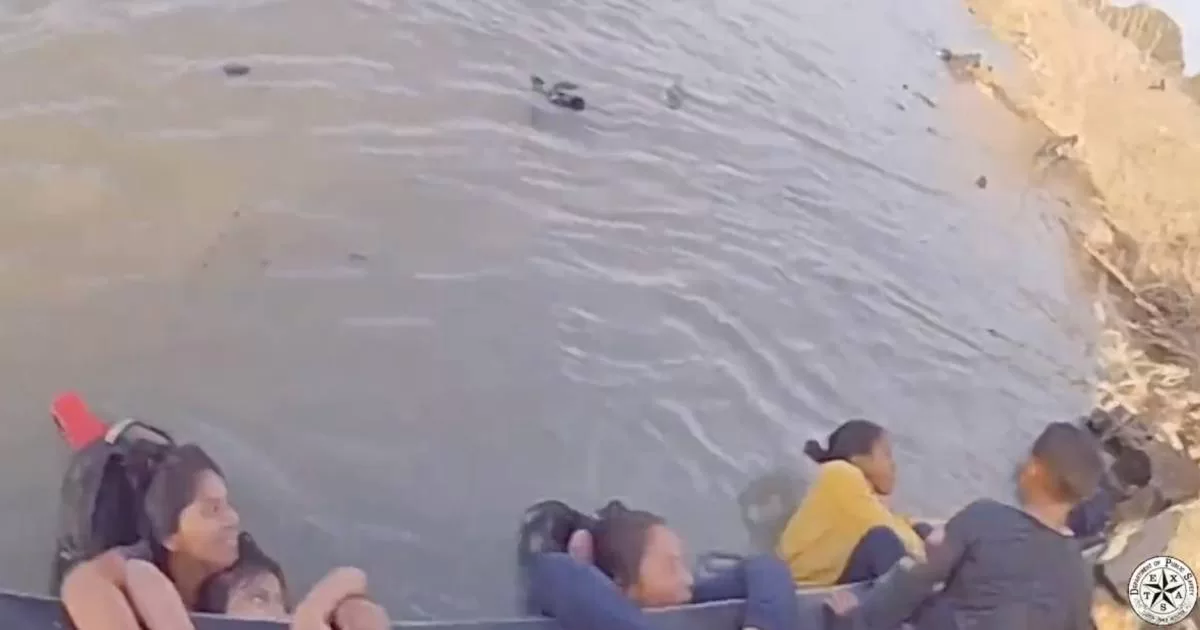German environmental aid registered association
Berlin (ots)
- DUH calls with butterfly researcher Dr. Robert Trusch, NaturFreunde Deutschlands and the Association of Girl Scouts call on citizens to report sighted butterfly species by July 15, 2023: www.duh.de/schmetterlings-aktion-2023
- Insect habitats are dwindling in urban areas: 79 percent of butterflies cannot find enough food sources and nesting sites
- More urban green, less surface sealing: DUH demands effective measures from municipalities to protect butterflies and other insects
The habitat for insects and butterflies is shrinking more and more in German cities. In order to draw attention to this dramatic situation for butterflies and all other insects in cities, the German Environmental Aid (DUH) is calling on citizens for the second time to keep an eye out for butterflies in their area and to inform them by July 15th to report DUH. The environmental and consumer protection association wants to find out where the need to provide green space for butterflies and insects is greatest and increase the pressure on cities and communities to provide green areas. More species-rich green spaces must be created and designed to be insect-friendly. Numerous places in cities, such as concreted schoolyards, inner courtyards or shoulders on roads, can be unsealed without any problems. Facades or roofs also offer space for greening.
Barbara Metz, Federal Managing Director of the DUH: “With our butterfly counting campaign, we draw attention to the urgent need for more insect-friendly green spaces in our cities and communities. This is not only important for butterflies and insects, but also for the people who live in the cities. Because green spaces in the city can lower the air temperature in hot summers and ensure that water can seep away and less flooding occurs during heavy rainfall. In order to preserve our biodiversity, more green is absolutely necessary, even in densely populated areas! Cities and municipalities must now take countermeasures and create more habitats for insects. That’s not difficult either, because there are opportunities for near-natural planting almost everywhere. For example, we support numerous schools in making their schoolyards more climate and insect-friendly. Species-rich green areas are not only more colorful than monotonous lawns, they also require less water and care. If cities and municipalities do something about the grey-on-grey now, our butterflies can also find food again.”
Every day in Germany, an average of 25 hectares of undeveloped land is sealed for settlement and traffic. Surface sealing not only increases the heating of cities, extreme weather events can also cause greater damage. At the same time, existing areas are far too rarely designed to be insect-friendly. Fewer and fewer private gardens and public green spaces such as parks, cemeteries and playgrounds offer suitable habitats for butterflies and the like. Schoolyards, roofs, balconies and facades often remain dull and gray, although there are sufficient options for designing them in a way that is close to nature. All of this is leading to a significant loss of biodiversity: five of the native butterfly species are already extinct in Germany and twelve are threatened with extinction. 79 percent of butterflies worldwide cannot find food sources and nesting sites in cities and communities.
Also, because field margins, moors, hedges and other refuges in rural areas are disappearing, butterflies are increasingly having to switch to cities. Here they are all the more dependent on finding a variety of plants in parks and public green spaces, but also in private gardens, on balconies and tree pits and not just uniform greenery as in many places.
The DUH campaign is supported by the Association of Girl Scouts, Nature Friends of Germany and the renowned butterfly researcher Dr. Robert Trush (Natural History Museum Karlsruhe). The butterfly finds transmitted to the DUH are made available to the online platform “Butterflies of Germany”. Their data are included in the Red List of Endangered Species in Germany. In addition, the DUH is planning its own evaluation with a view to the nationwide distribution of butterflies.
Links:
Press contact:
Barbara Metz, Federal Managing Director
0170 7686923, [email protected]
DUH-Newsroom:
030 2400867-20, [email protected]
www.duh.de, www.twitter.com/umwelthilfe,
www.facebook.com/umwelthilfe, www.instagram.com/umwelthilfe,
www.linkedin.com/company/umwelthilfe
Original content from: Deutsche Umwelthilfe eV, transmitted by news aktuell

